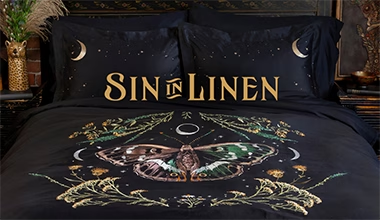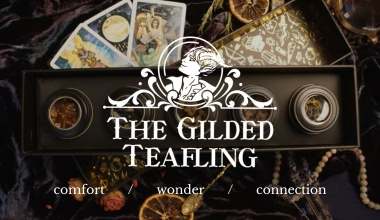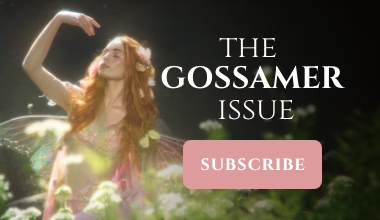Imagine yourself in a library, surrounded by books, pens, and scattered papers.
Your ink-stained fingers furiously scribble notes as you study an ancient tome, its brittle pages revealing dangerous secrets beyond your wildest imagination. You can just make out the faint whispers of a piano somewhere nearby, and rain taps insistently against the stained-glass window looming over your desk.
That is the aesthetic, the mood, the vibe, of Dark Academia, which has exploded in popularity on Instagram over the past five years. But it’s connected to a lineage of stories that goes back hundreds of years. It’s not just an ambiance but also a genre and perhaps even a subculture. The motifs and set pieces—the building blocks that make up the substance of Dark Academia—are drawn from fictionalized, fantastic universities from an ambiguous past, plus a sensual appreciation for art, culture, and opulence. If you’re thinking of neo-Gothic buildings covered in ivy, floored in marble, and hung with priceless paintings everywhere, then you’re halfway there. Add a sense of mystery, ambition, luxuriance, nostalgia, secrets, and an unquenchable thirst for knowledge, and you’ve conjured Dark Academia.
Books like Dangerous Liaisons by Pierre Choderlos de Laclos, The Picture of Dorian Gray by Oscar Wilde, Maurice by E.M. Forster, and Gaudy Night by Dorothy L. Sayers formed the foundation for what would later become Dark Academia, but most people mark The Secret History by Donna Tartt as the first book to really cement the genre. A captivating story of murder, obsession, and philosophy, The Secret History would come to represent all the strongest aspects of what makes a book Dark Academia, setting the tone for the books in the genre that followed, like If We Were Villains by M.L. Rio and Bunny by Mona Awad.
While there’s always a glamor about Dark Academia, the stories at its base are fundamentally sinister: Our most prestigious institutions are revealed to be rotting from within, host to all manner of arcane forces and power-hungry intellectuals. Dark Academia stories often feature an outsider entering this exclusive world and being dazzled by it … until something goes horribly wrong. The characters that move through
and privilege. And perhaps most important, Dark Academia storylines explicitly explore the way that knowledge and intellectualism can enhance personal power.
There are some core values and ideas that underpin this genre and aesthetic:
• Knowledge is the ultimate power (but that power can come at a very high price).
• You should beware of hubris, that morality is a fluid concept.
• The humanities and classics are worthwhile pursuits (yes!).
• Luxury and sensuality are ideals worth chasing.
But too often, Dark Academia texts contain problematic implicit—and sometimes not-so-implicit—themes, such as nostalgia for a time when wealthy white men held almost all the power. The romanticization of higher education fails to acknowledge its real pitfalls, like the reliance on underpaid adjunct labor and the exclusion of women and people of color. These are not necessarily universal across the genre, but they form some ofthe assumptions that many people have about Dark Academia.
Writers and creators can either reinforce or subvert these concepts, entrenching or expanding generic and aesthetic expectations. Among the works we’d recommend are Ninth House by Leigh Bardugo, A Deadly Education by Naomi Novik, Babel by R.F. Kuang, A Study in Drowning by Ava Reid, and Vita Nostra by Marina and Sergey Dyachenko, if you’re looking for Dark Academia stories with a touch of magic!
In fact, it is more common than not for a hint of enchantment to creep into these stories—not surprising, when you consider how much they rely on mystery, esoteric knowledge, subversion, and scandal. So if you’re looking for haunted libraries, secret spells, and the kind of enchantment that seeks out the shadows, we invite you to grab a cup of your favorite tea and devour a Dark Academia book.
And if you don’t know where to start, might we recommend The Picture of Dorian Gray? Oscar Wilde would never lead you astray …



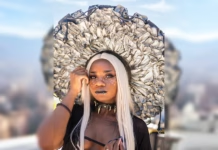
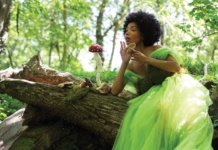
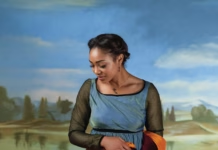
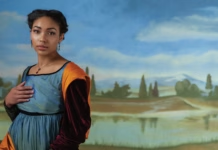

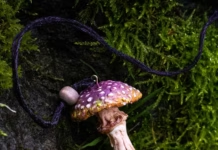

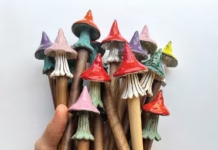
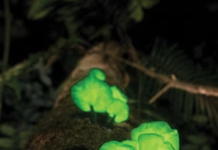
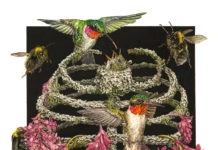
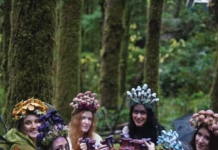
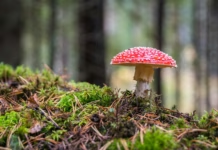

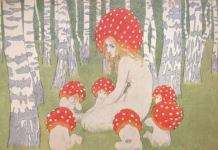
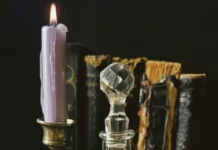
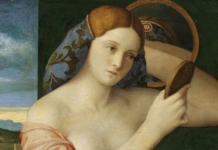
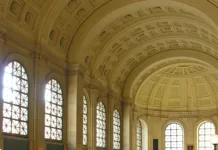
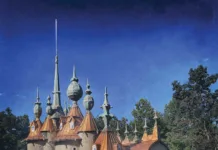
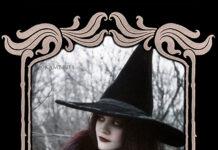


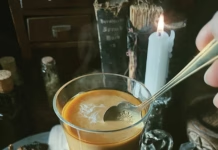


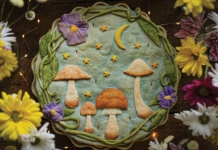
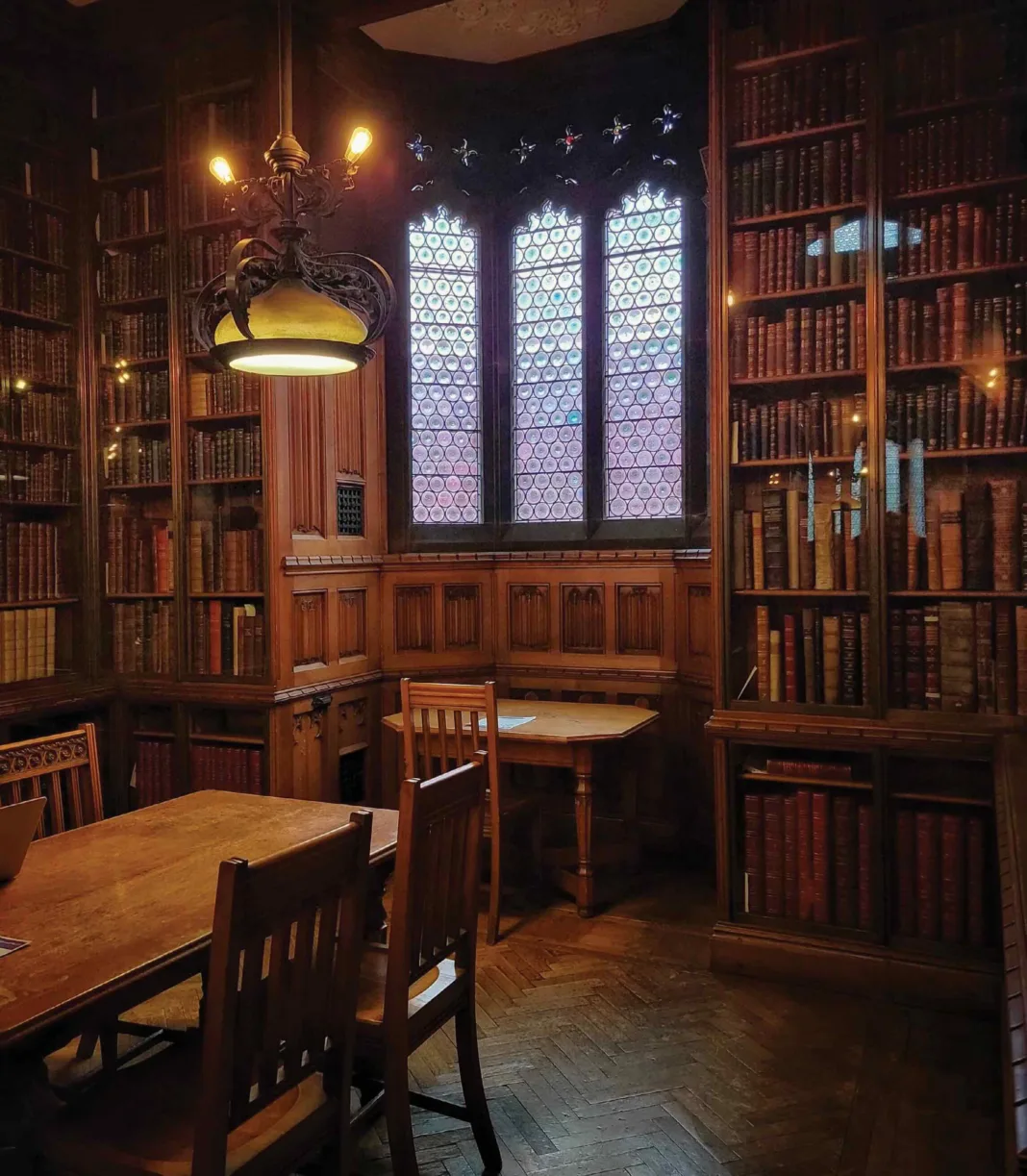
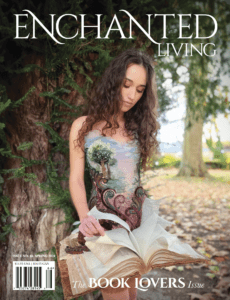 Enchanted Living is a quarterly print magazine that celebrates all things enchanted.
Enchanted Living is a quarterly print magazine that celebrates all things enchanted. 
